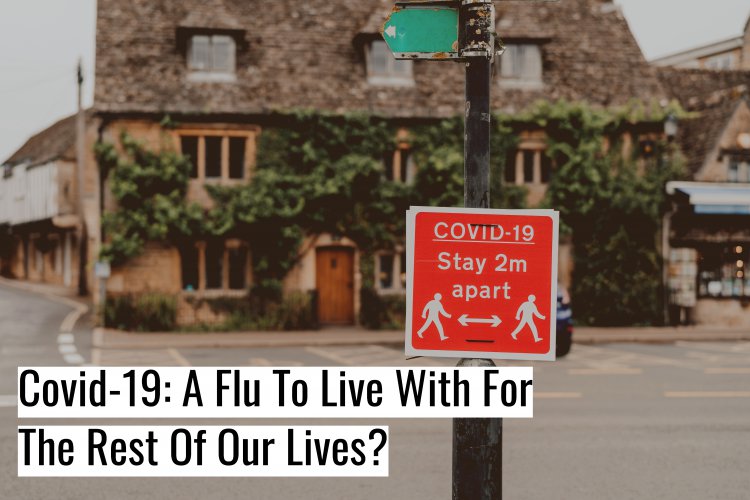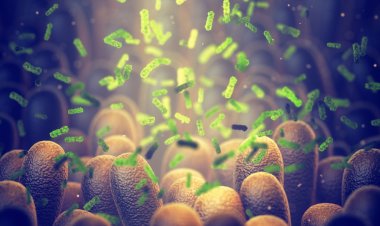Covid-19: A Flu To Live With For The Rest Of Our Lives?

Covid-19, which has caged the world into a universe of masks & restrictions, is far from beaten. Vaccines may not be the magic-bullet to rescue us out of this pandemic crisis. Will we see outbreaks of SARS-CoV-2 --the virus that causes COVID-19-- in the future again? Might COVID-19 never go away?
Moderna CEO Stephane Bancel has speculated that the Covid-19 virus might never disappear and there are high chances of it becoming an endemic disease. Mr Bancel believes “we will have to live with the virus for the rest of our lives.” He added, "SARS-CoV-2 is not going away," according to a CNBC report. Citing public healthcare and infectious diseases experts, Bancel also said that there are high chances of COVID-19 becoming an endemic disease, which means the infection will be present at all times albeit at lower levels compared to what it is now.
The vaccines (as of now) only provide immunity upto an year, meaning that people will have to take vaccine shots every year unless a more potent vaccine is discovered. At present, antibodies that protect against infection with Covid-19 fade over time, so it's likely that vaccination will not provide a permanent defence. Covid could become an illness like viral flu- that pops up in the society every now and then, and that people have more than once.
Viral infections that had haunted humanity in the past like measles, mumps or chicken pox only infect us once (with a very very rare chance of a second infection). They trigger an immune response that almost always provides a lifetime of antibody protection. The regular flu viruses mutate rapidly in time which helps them escape the detection from our immune surveillance. Other viruses like the common cold, and other endemic coronaviruses, have forgettable faces that fade from our immune memory and come back to visit us year after year.
The good news is that eventually, the virus could become a much milder illness like the flu/common cold. But this transition won’t happen overnight. Experts speculate that SARS-CoV-2’s exact post-pandemic trajectory will depend on three major factors: Duration of human immune retainity to the virus, the speed of virus evolution, and how widely older populations become immune during the pandemic itself.
Depending on how these three factors pan out, the world could be in for a series of a halting post-pandemic transition, transpiring over a period of time, several years or decades—one marked by continued viral evolution, localized outbreaks, and possibly multiple rounds of updated vaccinations.
The only way to curtail the spread of Covid-19 is to get immunized at the earliest. Research shows that if 60-70% of the population is vaccinated (especially the older population), it can put an end to this pandemic phase. And with the usage of masks, sanitizers and social distancing, the efficacy of the virus to mutate into further dangerous strains could be terminated.
But answering the question, at present, it is still like driving through a foggy road --navigate through the unknown making use of your supreme driving skills & common sense till the fog gets cleared. As of now, researchers & scientists can only navigate through the unknown making use of what they have & what the forecast is. Questions of reinfection, transmission, the post-pandemic health burden, and viral evolution will only pan out into a clear for years or even decades. To conclude, as Jeffrey Shaman (Infectious diseases expert at Columbia University) quoted, “Time is the only thing that can tell us.”


 Admin
Admin 
























